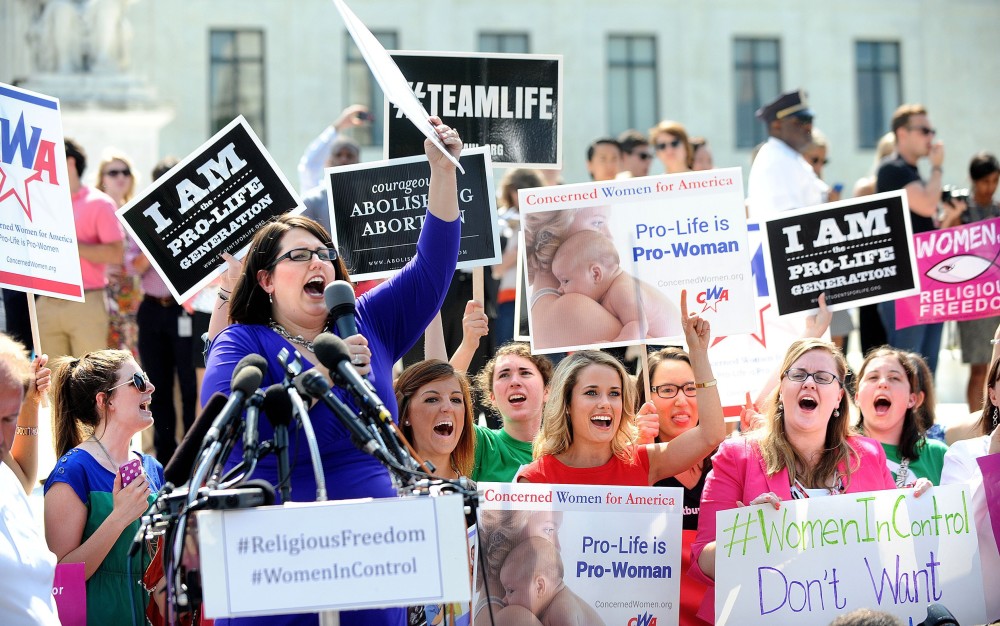By Jackson Adams
Effingham Daily News, Ill.
EFFINGHAM
U.S. Supreme Court’s recent ruling favoring Hobby Lobby’s right not to provide birth control under the Affordable Care Act may have businesses considering their employee health coverage.
However, local religious nonprofits are already exempt from the provision.
The ruling exempts for-profit businesses with strongly held religious beliefs from having to pay for certain forms of birth control normally provided under the Affordable Care Act.
Nonprofit organizations, such as St. Anthony’s Memorial Hospital, are not subject to the ruling.
Robert Gilligan, executive director of the Catholic Conference of Illinois, said the Supreme Court’s decision marks a strike against government interference in health care and gives religious employers a chance to follow their own ethical compasses.
He said although it’s unknown how many businesses may file for the religious exemption statewide, he thinks giving them an option is an important choice.
“If you believe providing this goes against your religious beliefs, you shouldn’t have to provide it,” he said. “I think employers will react according to their conscience.”
Others see the decision as a widespread intrusion on the rights of women.
Brigid Leahy, director of Government Relations for Planned Parenthood of Illinois, said the Supreme Court’s decision represents a larger attack on women’s health.
“The birth control provision was part of a range of preventive services that are necessary to ensure women’s health and well-being,” she said. “There’s a few employers that disagree or have different religious opinion, and it’s going to be troubling for women who are looking for those items.”
Leahy said while the decision may have focused primarily on emergency contraceptives, such as Plan B, the Supreme Court’s ruling is coming down hard on birth control which many women use to moderate other conditions, such as menstruation or anemia.
She said the usage of birth control for these reasons may be at risk after the ruling.
“This is about prescription birth control,” she said. “This isn’t about condoms. A lot of women are treating these health conditions so they can have a family later.
Prescription birth control or an IUD is very expensive for a woman working somewhere like a Hobby Lobby who is being paid hourly.”
Gilligan said businesses statewide may be having conversations with their staffs before choosing whether to file for a religious exemption or not.
Employers and employees, he said, should be able to make a fair and informed decision.
“I think they’ll be able to survey the marketplace and see what they want to do,” he said.
While Planned Parenthood is working with legislators to find a way to still provide birth control for women, Leahy said women concerned about losing birth control coverage should check with their employer’s human resources department and find out what their options may be if they do lose such coverage.
She encouraged those who are affected to work with Planned Parenthood to find the assistance they may need.
“Some of the rhetoric around the Hobby Lobby case has been about shaming women and a lifestyle, but birth control is about health care,” Leahy said. “We are going to take care of you without judgement, unlike some of these employers.”














































































































































































































































































































































































